
God and Hillary Clinton
¥90.54
For nearly three decades political observers have sought to understand the complex relationship between Hillary Clinton's faith and her politics. Now, in this first spiritual biography of the former first lady, acclaimed historian Paul Kengor sets out to answer the elusive question: What does Hillary Clinton believeBased on exhaustive research, God and Hillary Clinton tells the surprising story of Hillary's spiritual evolution, detailing the interaction between her lifelong religious beliefs and her personal history that has made her the politician she is today. Offering an in-depth spiritual chronology of Clinton's life, author Paul Kengor also analyzes the fraught relationship between her faith and her secular policies most notably how she reconciles her pro-choice stance on abortion with her Christian beliefs and scrutinizes how these policies have changed over the course of her political career. What emerges is an unexpected portrait of a political figure whose ideals have been shaped by both the power of her politics and the depth of her religious devotion.

Good Guys Wear Black
¥56.07
Dewey Mitchell loves three things: fixing old cars, football, and family. Although an illness robbed him of his NFL dreams and his hopes for a big family of his own, he's made himself content working the family business and coaching middle school football. But when his town's vibrant new librarian and her young, emotionally challenged son burst into his ordered life, Dewey finds himself inexplicably drawn to the fascinating woman. Boston-born Rose Hanrehan had no idea how different living in a small town would be. But she's determined to start fresh for her son, who deals with Asperger's syndrome, without her overbearing parents judging her every move. Of course, sometimes her new neighbors seem to be equally closed-minded. And there's one new neighbor she can't seem to avoid … in fact, the handsome Dewey, despite his black hat and buried emotions, might end up being the only reason to stay in Kennison Falls. Neither one is looking for love, but what they're starting to feel can't be anything else. Will the longtime bachelor and the free-spirited librarian let themselves fallOr will their differences get in the way of their happy ending?
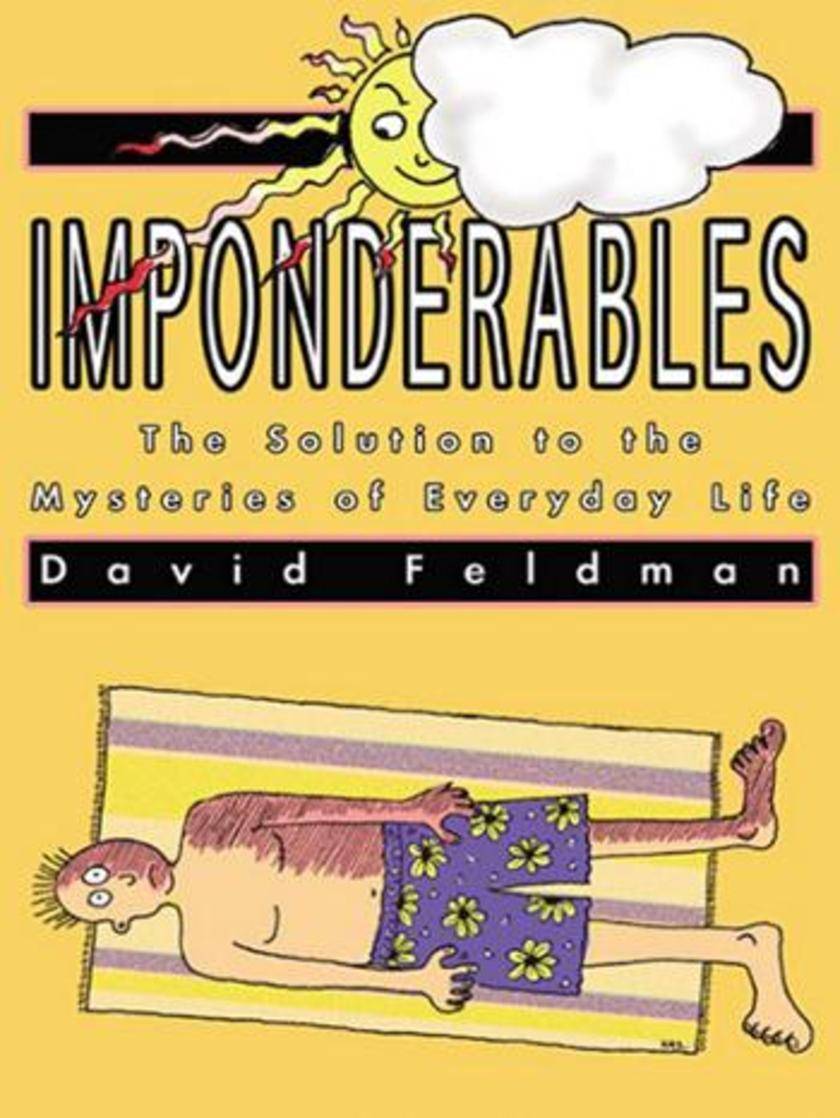
Imponderables
¥72.01
Why does an "X" stand for a kiss?Which fruits are in Juicy Fruit gumWhy do people cry at happy endings?Why do you never see baby pigeons?Pop-culture guru David Feldman demystifies these topics and so much more in Why Don't Cats Like to Swim-- the unchallenged source of answers to civilization's most perplexing questions. Part of the Imponderables series, Feldman's book arms readers with information about everyday life -- from science, history, and politics to sports, television, and radio -- that encyclopedias, dictionaries, and almanacs just don't have. Where else will you learn what makes women open their mouths when applying mascara?
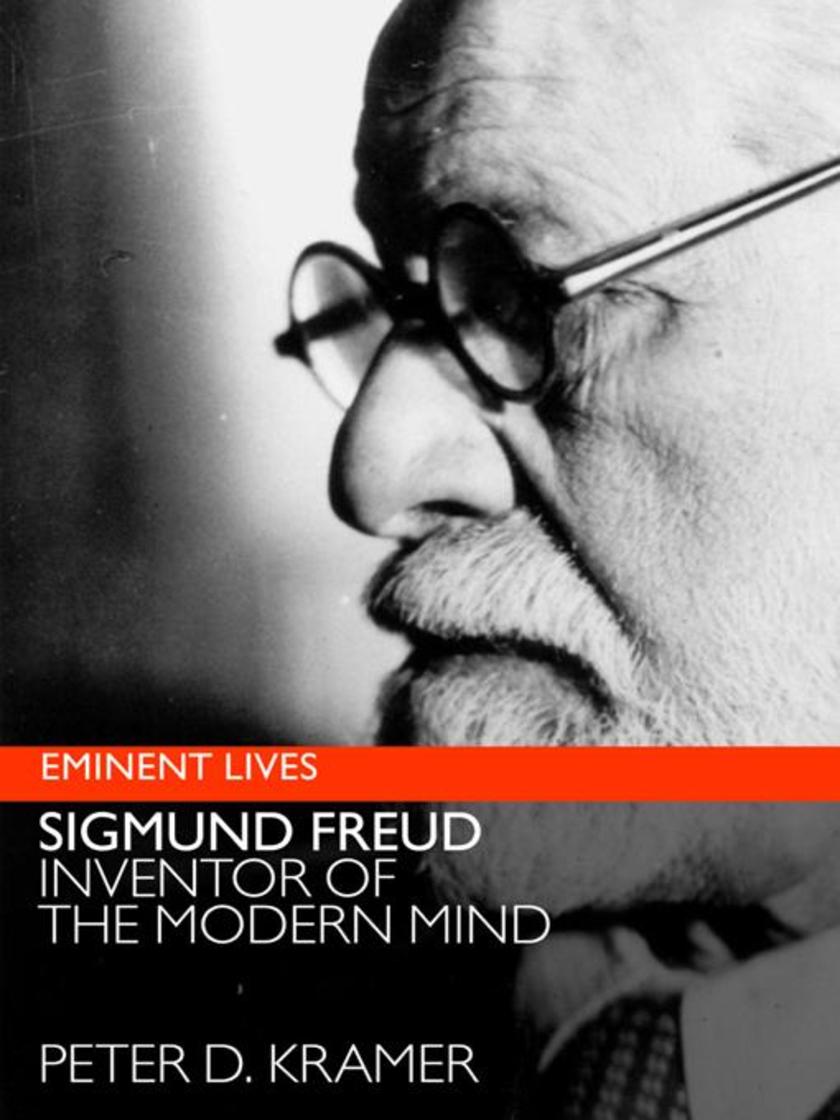
Freud
¥90.77
Referred to as "the father of psychoanalysis," Sigmund Freud is credited with championing the "talking cure" and charting the human unconscious. Both revered and reviled, he was a brilliant innovator but also a man of troubling contradictions sometimes tyrannical, often misrepresenting the course and outcome of his treatments to make the "facts" match his theories. Peter D. Kramer acclaimed author, practicing psychiatrist, and a leading national authority on mental health offers a stunning new take on this controversial figure. Kramer is at once critical and sympathetic, presenting Freud the mythmaker, the storyteller, the writer whose books will survive among the classics of our literature, and the genius who transformed the way we see ourselves.

Better Single Than Sorry
¥77.49
Let's be honest. No woman really wants to be alone for the rest of her life. But does being alone mean you're doomed to be miserable foreverDefinitely not! And does being single have to equal lonelyNo way! You can have the best time of your life when you're single, but you wouldn't know that from our relationship obsessed society, where celebrity magazines devote the majority of their content to who's dating whom and the wedding industry is a $100-billion business. Yet more than a third of marriages end in divorce, and countless other couples languish in unions that shouldn't have happened in the first place.Don't become a statistic love yourself and never settle!Jen Schefft knows that better than almost anyone. In 2003, she got engaged in front of millions of people on television's The Bachelor, only to see it end nine months later when the relationship just wasn't right anymore. A year later, she turned down an engagement on The Bachelorette, and the backlash was relentless. She was labeled a "spinster" by a celebrity magazine, and a noted national talk-show host remarked that she would be "a bachelorette for the rest of her life."This is a terrible message to send to the millions of sensational single women out there, and in Better Single Than Sorry Schefft makes it her mission to let women know that it's better to be single than to be in a relationship that doesn't make you happy. With testimonials from women of all ages single, married, in committed relationships, with children (even single moms) and without this book tells you how to let go of your fear of being alone and how to love yourself and never settle for a relationship that is anything less than you deserve.Written in a conversational style, as if talking with your best friend, Schefft helps you navigate the pressures of a culture that places an unhealthy importance on being in a relationship and shows you how to find happiness in work, home, and the simple pleasures of everyday life. Above all, she shows you how it's far, far better to be single than sorry. Being single is a time to have fun, learn new things, grow, and blossom not a time to feel desperate or depressed, so cherish it!
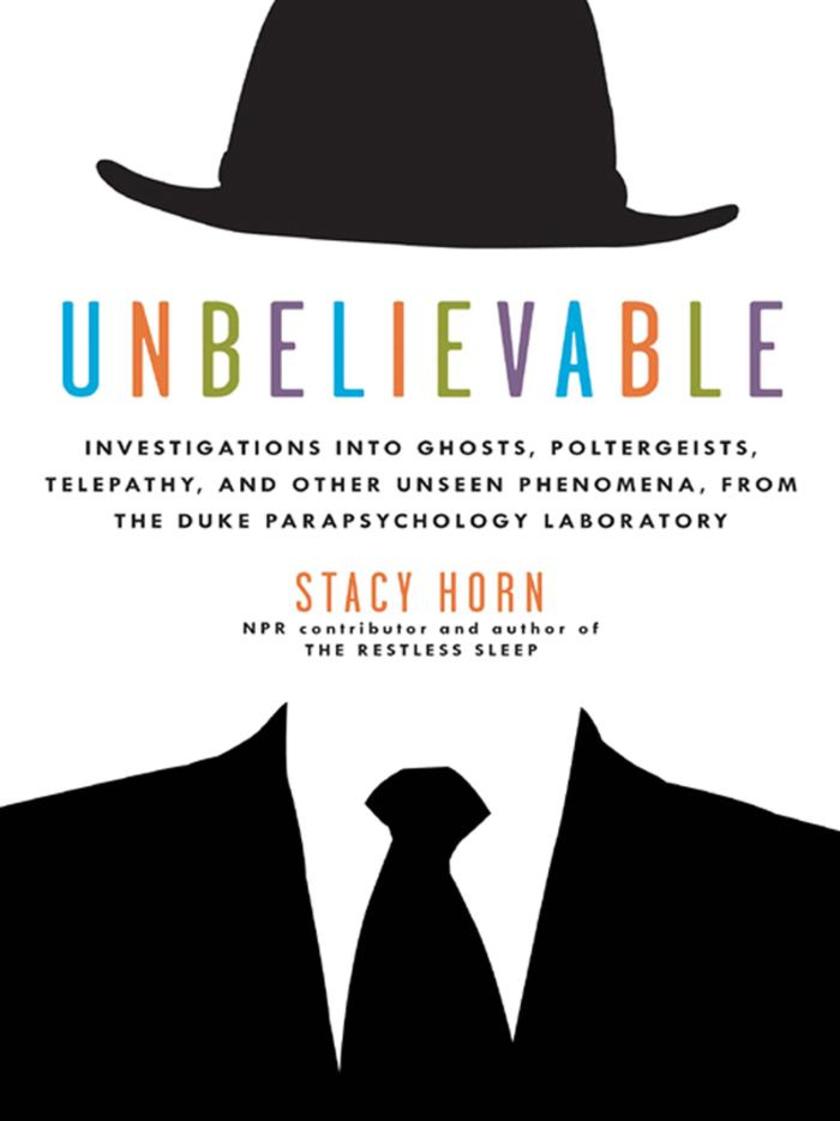
Unbelievable
¥94.10
From The Sixth Sense to Medium, Ghost Whisperer to Ghost Hunters, the paranormal stirs heated debate, spawning millions of believers and skeptics alike. Nearly half of us say we believe in ghosts, and two-thirds of us believe in life after death. What would you make of rain barrels that refill themselvesPsychic horsesMind-reading Cold War spiesFor a group of scientists at the Duke Parapsychology Lab under the leadership of Dr. J. B. Rhine considered the Einstein of the paranormal such mysteries demanded further investigation. From 1930 to 1980, these dedicated men and women attempted to test the bizarre, the frightening, and the unexplainable against the rigors of science, ultimately finding proof that the human mind possesses telepathic powers.
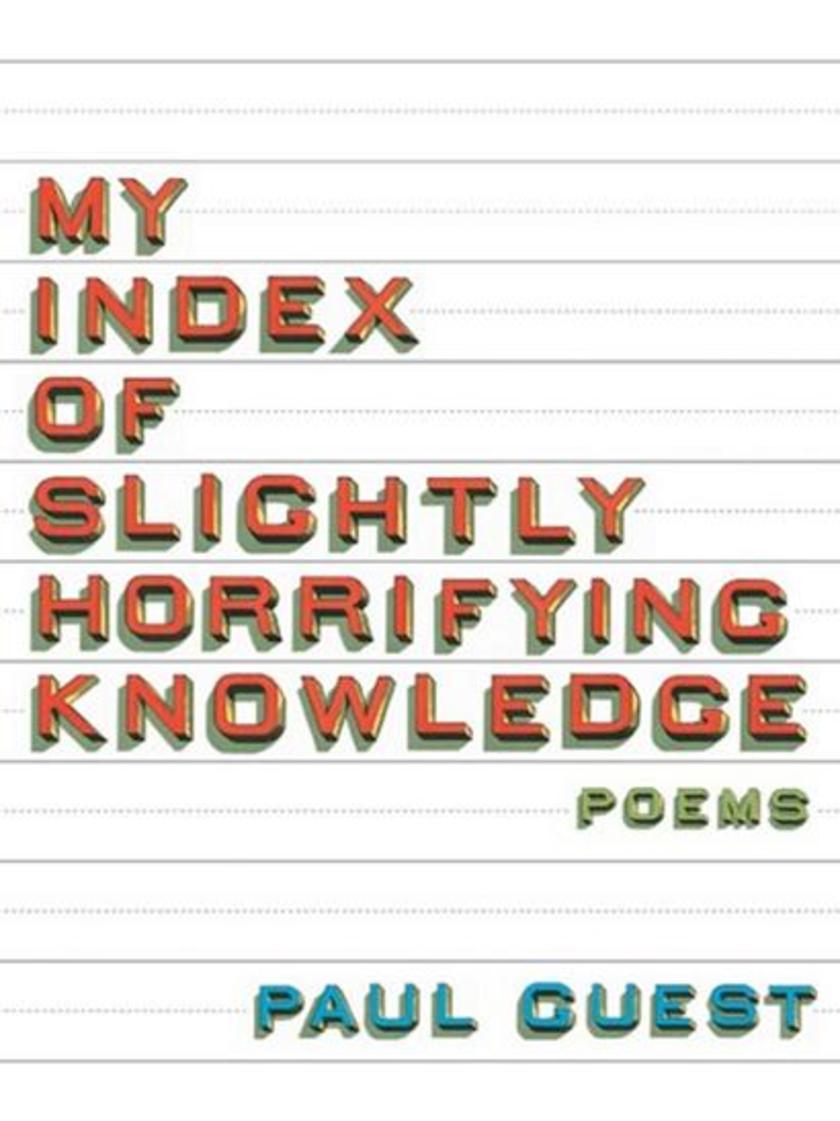
My Index of Slightly Horrifying Knowledge
¥79.38
My Index of Slightly Horrifying Knowledge is a fierce and original collection its generosity of voice and emotional range announce the arrival of a major new poet. At the age of twelve, Paul Guest suffered a bicycle accident that left him paralyzed for life. But out of sudden disaster evolved a fierce poetic sensibility one that blossomed into a refuge for all the grief, fury, and wonder at life forever altered. Although its legacy lies in tragedy, the voice of these brilliant poems cuts a broad swath of emotions: whether he is lamenting the potentiality of physical experience or imagining the electric temptations of sexuality, Guest offers us a worldview that is unshakable in its humanity.

Catastrophe
¥90.77
It's time to take back our country.Now. It's that simple. It's that urgent.So begins Dick Morris and Eileen McGann's latest and most important book. They say that we must act before President Barack Obama fully implements his radical political agenda. Because after Obama has won his war on prosperity and canceled the war on terror, it will be too late to regain our liberty or our security.At a time when we needed a pragmatic centrist to lead us out of recession, we got a doctrinaire socialist who wants to use the crisis to put the government in charge of the economy and enact European socialism here in the United States. Cars, banks what's nextHe will keep at it until Washington governs every major business in America and sets all our salaries.It's a catastrophe.Dick Morris and Eileen McGann saw the meltdown coming. In their book Outrage, they called out the house of cards that was Fannie Mae. In Fleeced, they went after the credit card companies, the subprime mortgage lenders, and the hedge fund billionaires who conspired to wreck the economy and Barack Obama, whose policies, they predicted last summer, would "trigger a stock market crash." Now, in Catastrophe, Morris and McGann take a hard look at America in free fall and at how Obama is transforming a vulnerable America into a socialist state.They tell the truth about Obama and his radical policies: He will destroy our health care system so that no one gets adequate care. He designed his bank rescue plan to pave the way for nation-alization of the banks and socialization of the economy. He firmly believes in government control of our major industries he's already commandeered the banks and the automobile industry. He plans to reshape the political landscape to keep the left in power for decades by cooking the census, enfranchising illegal immigrants, muzzling talk radio, and coercing workers into unions. He is attacking those who fight terrorism while letting the terrorists go free. He gives aid to Hamas while Shariah Law threatens to take over America. He has repealed the Declaration of Independence and put us under a worldwide, European-dominated financial regulatory system. But Obama is not working alone. Morris and McGann spell out how Congress is complicit: How Senator Chris Dodd and Congressman Charlie Rangel use special interests and special friends for their own enrichment and glorification. How Ted Kennedy Jr. is exploiting his father's health care power. "This is no time for apathy or alienation or hopelessness," Morris and McGann remind us. "It's a time for action." And that action must begin now before it's too late.

Neverisms
¥88.56
"Never let 'em see you sweat." "Never change diapers in mid-stream." "Never let a crisis go to waste." "Never ruin an apology with an excuse." "Never go to a doctor whose office plants have died." When we strongly encourage people to do something, it's called an exhortation. But what is the proper term for strongly discouraging peopleOne candidate is admonition. Another is dehortation, the opposite of exhortation. But perhaps the best term for an emphatic piece of dissuasive advice is neverism. You won't find the term in any dictionary (at least not yet) because quotation anthologist Dr. Mardy Grothe coined it himself for this collection of nearly two thousand quotable cautionary warnings. With the whimsical and witty intermixed with the serious and profound, contributors range from Aesop and Marcus Aurelius to John Wayne and Mae West. Grothe also tells the fascinating "back stories" of scores of classic quotations as well as the history of hundreds more that have never before appeared in a quotation anthology. Organized by topics such as Wit & Wordplay, Politics & Government, Sports, Stage & Screen, and The Literary Life, this is a book about quotations as well as a book of them. Neverisms is sure to delight quotation lovers and language aficionados everywhere.
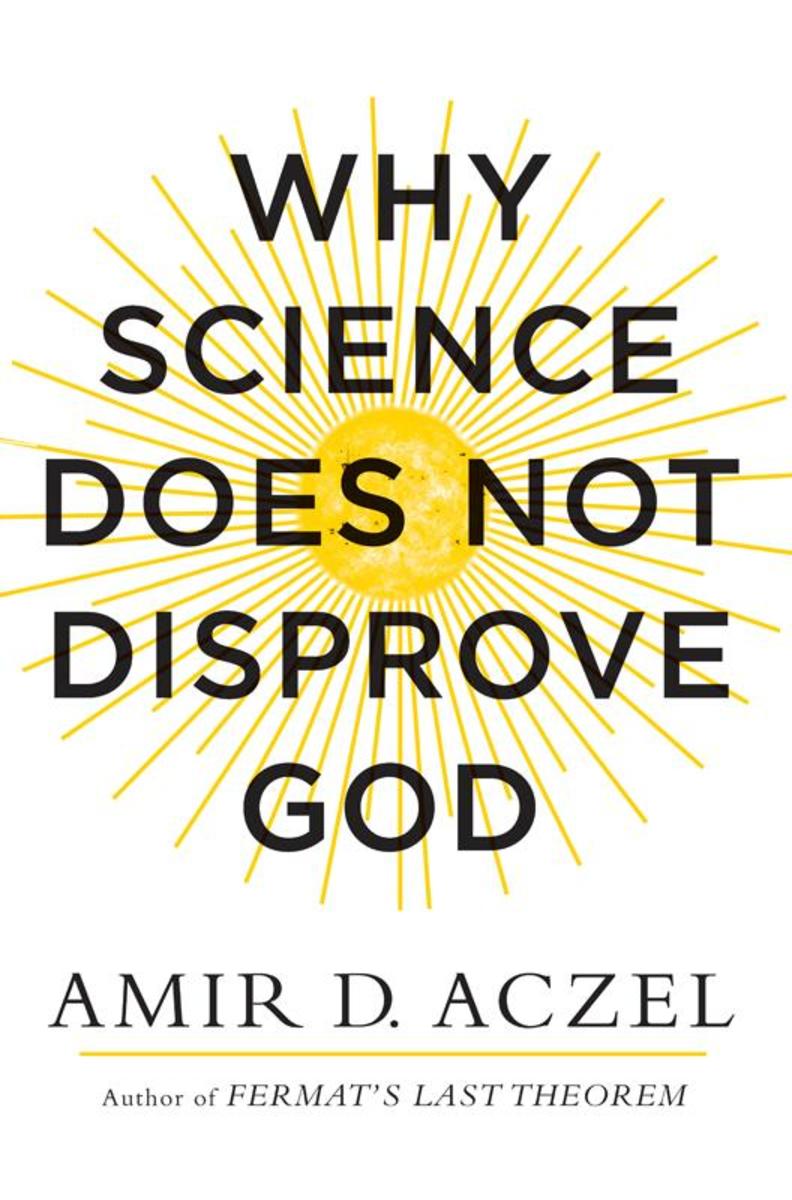
Why Science Does Not Disprove God
¥94.10
The renowned science writer, mathematician, and bestselling author of Fermat's Last Theorem masterfully refutes the overreaching claims of the "New Atheists," providing millions of educated believers with a clear, engaging explanation of what science really says, how there's still much space for the Divine in the universe, and why faith in both God and empirical science are not mutually exclusive In recent years a highly publicized coterie of scientists and thinkers, including Richard Dawkins, the late Christopher Hitchens, and Lawrence Krauss, have vehemently contended that breakthroughs in modern science have disproven the existence of God, asserting we must accept that the creation of the universe came out of nothing, that religion is evil, that evolution fully explains the dazzling complexity of life, and more. However, in this much-needed book, veteran science journalist Amir Aczel profoundly disagrees and convincingly demonstrates that science has not, as yet, provided any definitive proof refuting the existence of God. Based on interviews with eleven Nobel Prize winners and many other prominent physicists, biologists, anthropologists, and psychologists, as well as leading theologians and spiritual leaders, Why Science Does Not Disprove God is a fascinating tour through the history of science and a brilliant and incisive analysis of the religious implications of our ever-increasing understanding of life and the universe. Throughout, Aczel reminds us that science, at its best, is about the dispassionate pursuit of truth not a weapon in cultural debates. Respectful of both science and faith and argued from the perspective of no single religious tradition Aczel's book is an essential corrective that should be read by all.

Instant Mom
¥88.56
For the first time, Nia Vardalos, writer and star of My Big Fat Greek Wedding, tells her hilarious and heartfelt bumpy-road-to-parenting story that eventually leads to her meeting an almost-three-year old girl who she knows instantly is her daughter.Vardalos chronicles it all with her signature wit and candor but also weaves in delicious behind-the-scenes Hollywood stories on the making of her films from working with Tom Hanks to meeting Oprah to having dinner with the Queen of England.In Instant Mom, Vardalos writes how moments after she finds out she has been nominated for an Academy Award, she is alone and en route to a fertility clinic, trying yet again for a chance at motherhood, wondering how long she can continue. When she finally adopts her daughter via American Foster Care, Vardalos reveals what really came next how, with only fourteen hours' notice, she and her husband transitioned their preschool aged daughter into their home. The Appendix includes information on how to adopt from all over the world. Vardalos will donate proceeds from the book sales to charities.In her memoir, Instant Mom, Vardalos reveals how she broke into the movie industry, became a working screenwriter and actress . . . and finally became a mom. Instantly.
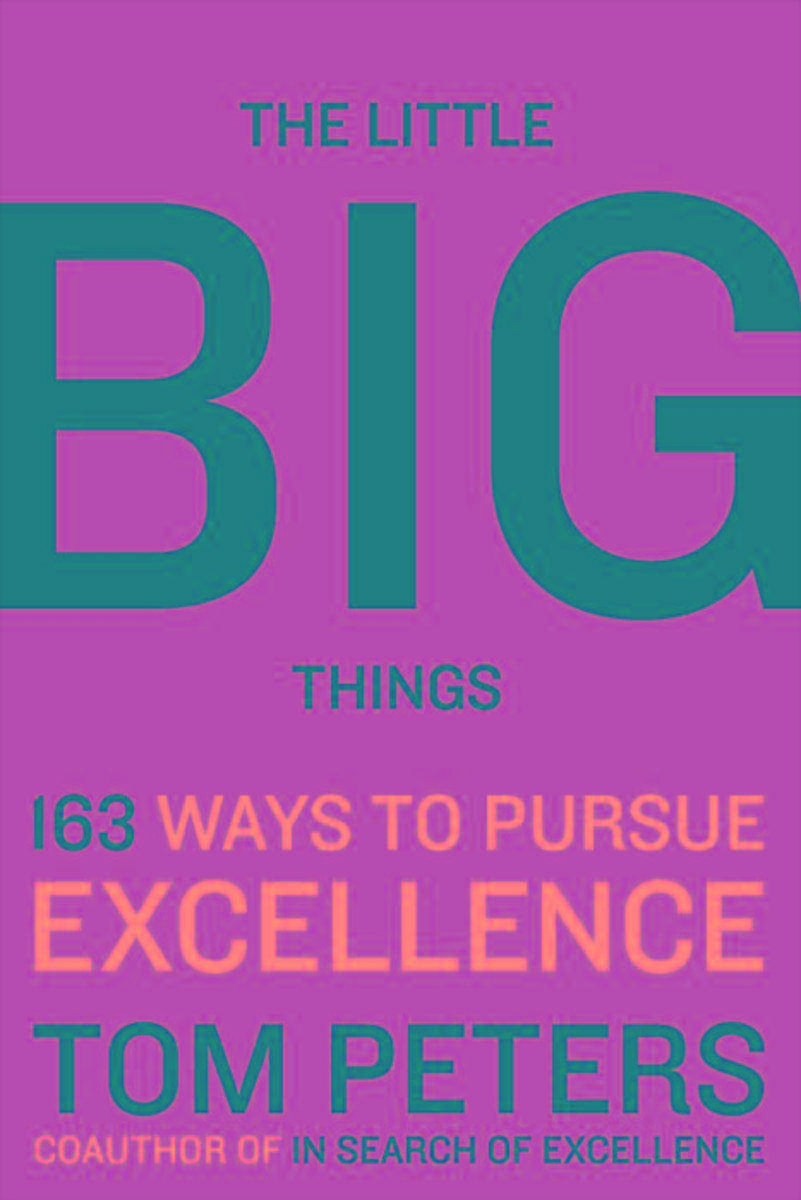
The Little Big Things
¥94.10
#131 The Case of the Two-Cent CandyYears ago, I wrote about a retail store in the Palo Alto environs a good one, which had a box of two-cent candies at the checkout. I subsequently remember that "little" parting gesture of the two-cent candy as a symbol of all that is Excellent at that store. Dozens of people who have attended seminars of mine from retailers to bankers to plumbing-supply-house owners have come up to remind me, sometimes 15 or 20 years later, of "the two-cent candy story," and to tell me how it had a sizable impact on how they did business, metaphorically and in fact.Well, the Two-Cent Candy Phenomenon has struck again with oomph and in the most unlikely of places.For years Singapore's "brand" has more or less been Southeast Asia's "place that works." Its legendary operational efficiency in all it does has attracted businesses of all sorts to set up shop there. But as "the rest" in the geographic neighborhood closed the efficiency gap, and China continued to rise-race-soar, Singapore decided a couple of years ago to "rebrand" itself as not only a place that works but also as an exciting, "with it" city. (I was a participant in an early rebranding conference that also featured the likes of the late Anita Roddick, Deepak Chopra, and Infosys founder and superman N. R. Narayana Murthy.)Singapore's fabled operating efficiency starts, as indeed it should, at ports of entry the airport being a prime example. From immigration to baggage claim to transportation downtown, the services are unmatched anywhere in the world for speed and efficiency.Saga . . . Immigration services in Thailand, three days before a trip to Singapore, were a pain. ("Memorable.") And entering Russia some months ago was hardly a walk in the park, either. To be sure, and especially after 9/11, entry to the United States has not been a process you'd mistake for arriving at Disneyland, nor marked by an attitude that shouted "Welcome, honored guest."Singapore immigration services, on the other hand:The entry form was a marvel of simplicity. The lines were short, very short, with more than adequate staffing.The process was simple and unobtrusive.And:The immigration officer could have easily gotten work at Starbucks; she was all smiles and courtesy.And:Yes!Yes!And . . . yes!There was a little candy jar at each Immigration portal!The "candy jar message" in a dozen ways:"Welcome to Singapore, Tom!! We are absolutely beside ourselves with delight that you have decided to come here!"Wow!Wow!Wow!Ask yourself . . . now:What is my (personal, department, project, restaurant, law firm) "Two-Cent Candy"?Does every part of the process of working with us/me include two-cent candies?Do we, as a group, "think two-cent candies"?Operationalizing: Make "two-centing it" part and parcel of "the way we do business around here." Don't go light on the so-called substance but do remember that . . . perception is reality . . . and perception is shaped by two-cent candies as much as by that so-called hard substance.Start: Have your staff collect "two-cent candy stories" for the next two weeks in their routine "life" transactions. Share those stories. Translate into "our world." And implement.Repeat regularly.Forever.(Recession or no recession you can afford two cents.)(In fact, it is a particularly Brilliant Idea for a recession you doubtless don't maximize Two-Cent Opportunities. And what opportunities they are.)
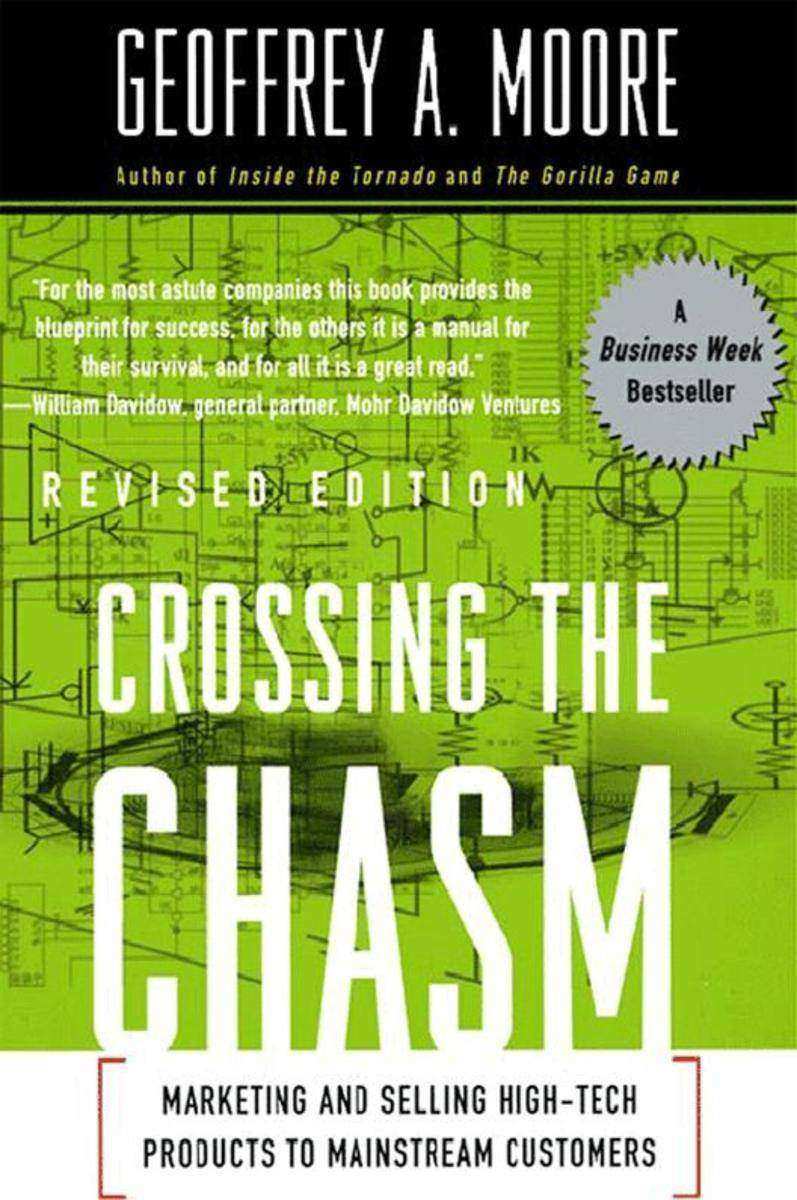
Crossing the Chasm
¥101.00
Here is the bestselling guide that created a new game plan for marketing in high-tech industries. Crossing the Chasm has become the bible for bringing cutting-edge products to progressively larger markets. This edition provides new insights into the realities of high-tech marketing, with special emphasis on the Internet. It's essential reading for anyone with a stake in the world's most exciting marketplace.

Instant Turnaround!
¥130.45
Transform Your Workplace!Imagine a company where people are excited about coming to work and giving their best efforts every day. In this innovative and engrossing business parable, Harry Paul and Ross Reck show managers at all levels how they can immediately and easily increase productivity by tapping into the discretionary effort of the people who work for them. Starting from the most basic aspect of business reality that people intentionally regulate the amount of effort they put into their jobs based upon how they feel they're being treated the authors point out that the most important part of the job of every manager, team leader, supervisor, and executive is to treat people in such a way that they become excited about applying all their discretionary effort toward performing their jobs.At the book's center is the story of Nancy Kim, a human resources director at a magazine that is struggling with all the problems associated with unhappy employees low productivity and morale along with high absenteeism and turnover. After she openly challenges the CEO's new management-by-the-numbers system, she's charged with turning the situation around immediately. Filled with real-world studies, Instant Turnaround! shows anyone how to turn the workplace into a destination a place where working hard feels like hardly working because it's engaging, enjoyable, and fulfilling.

My Drunk Kitchen
¥129.07
One day, sad cubicle dweller and otherwise bored New York transplant Hannah Hart decided, as a joke, to make a fake cooking show for her friend back in California. She turned on the camera, pulled out some bread and cheese, and then, as one does, started drinking. (Doesn't everyone cook with a spoon in one hand and a bottle of wine in the other?) The video went viral and an online sensation was born. My Drunk Kitchen includes recipes, stories, full color photos, and drawings to inspire your own culinary adventures in tipsy cooking. It is also a showcase for Hannah Hart's great comedic voice. Hannah offers key drink recommendations, cooking tips (like, remember to turn the oven off when you go to bed) and shares never-before-seen recipes such as: ?The Hartwich (Knowledge is ingenuity! Learn from the past!) ?Can Bake (Inventing things is hard! You don't have to start from scratch!) ?Latke Shotkas (Plan ahead to avoid a night of dread!) ?Tiny Sandwiches (Size doesn't matter! Aim to satisfy.) ?Saltine Nachos (It's not about resources! It's about being resourceful.) This is a book for anyone who believes they have what it takes to make a soufflé for the holiday party and show up the person who apparently has nothing better to do than bake things from scratch. It also recommends the drink you'll need to accompany any endeavor of this magnitude. In the end, My Drunk Kitchen may not be your go-to guide for your next dinner party . . . but it will make you laugh and drink . . . I mean think . . . about life.
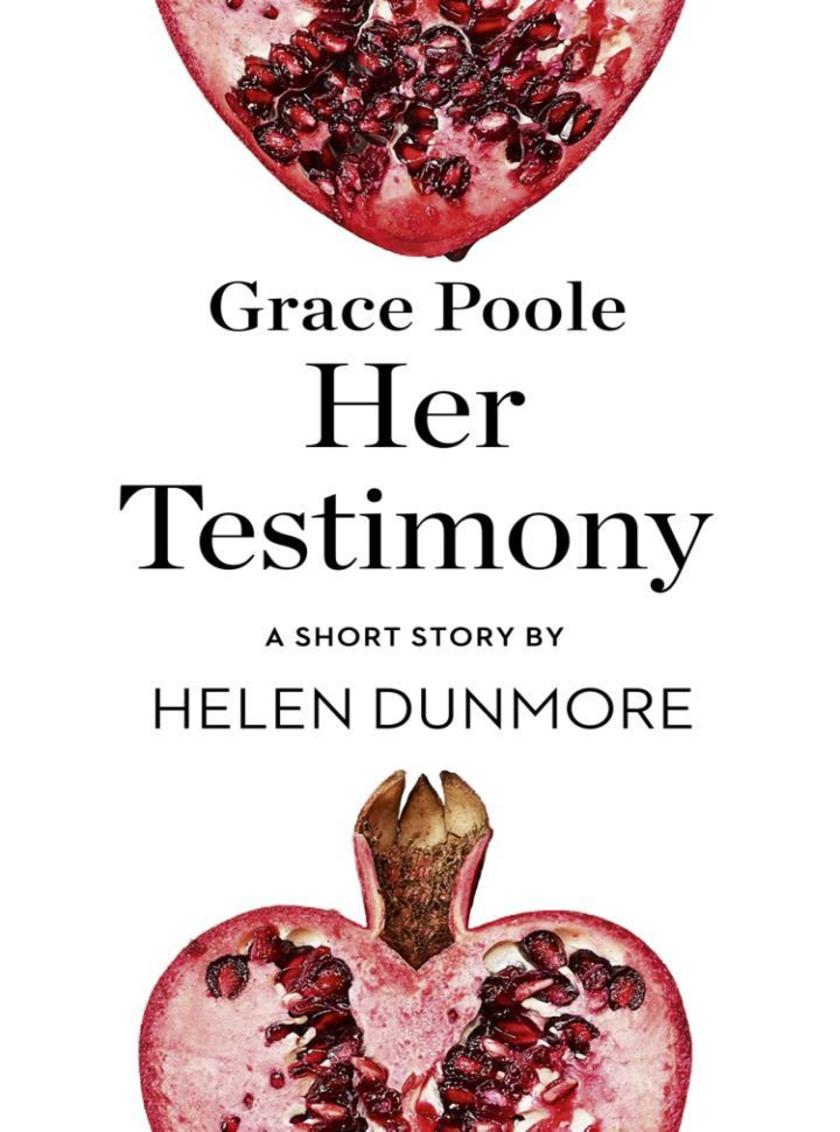
Grace Poole Her Testimony:A Short Story from the collection, Reader, I Married H
¥9.71
A short story by Helen Dunmore from the collection Reader, I Married Him:Stories inspired by Jane Eyre. In ‘Grace Poole Her Testimony’, Grace Poole defends Bertha Mason and calls the general opinion of Jane Eyre into question. Edited by Tracy Chevalier, the full collection, Reader, I Married Him, brings together some of the finest and most creative voices in fiction today, to celebrate and salute the strength and lasting relevance of Charlotte Bront?’s game-changing novel and its beloved narrator.

Dangerous Dog:A Short Story from the collection, Reader, I Married Him
¥9.71
A short story by Kirsty Gunn from the collection Reader, I Married Him:Stories inspired by Jane Eyre. In ‘Dangerous Dog’, a fitness instructor teaches teenage boys how to handle a pit bull terrier by telling them Jane Eyre’s story. Edited by Tracy Chevalier, the full collection, Reader, I Married Him, brings together some of the finest and most creative voices in fiction today, to celebrate and salute the strength and lasting relevance of Charlotte Bront?’s game-changing novel and its beloved narrator.

To Hold:A Short Story from the collection, Reader, I Married Him
¥9.71
A short story by Joanna Briscoe from the collection Reader, I Married Him:Stories inspired by Jane Eyre. In ‘To Hold’, a woman looks back on her life, which has been defined by three marriages. Edited by Tracy Chevalier, the full collection, Reader, I Married Him, brings together some of the finest and most creative voices in fiction today, to celebrate and salute the strength and lasting relevance of Charlotte Bront?’s game-changing novel and its beloved narrator.
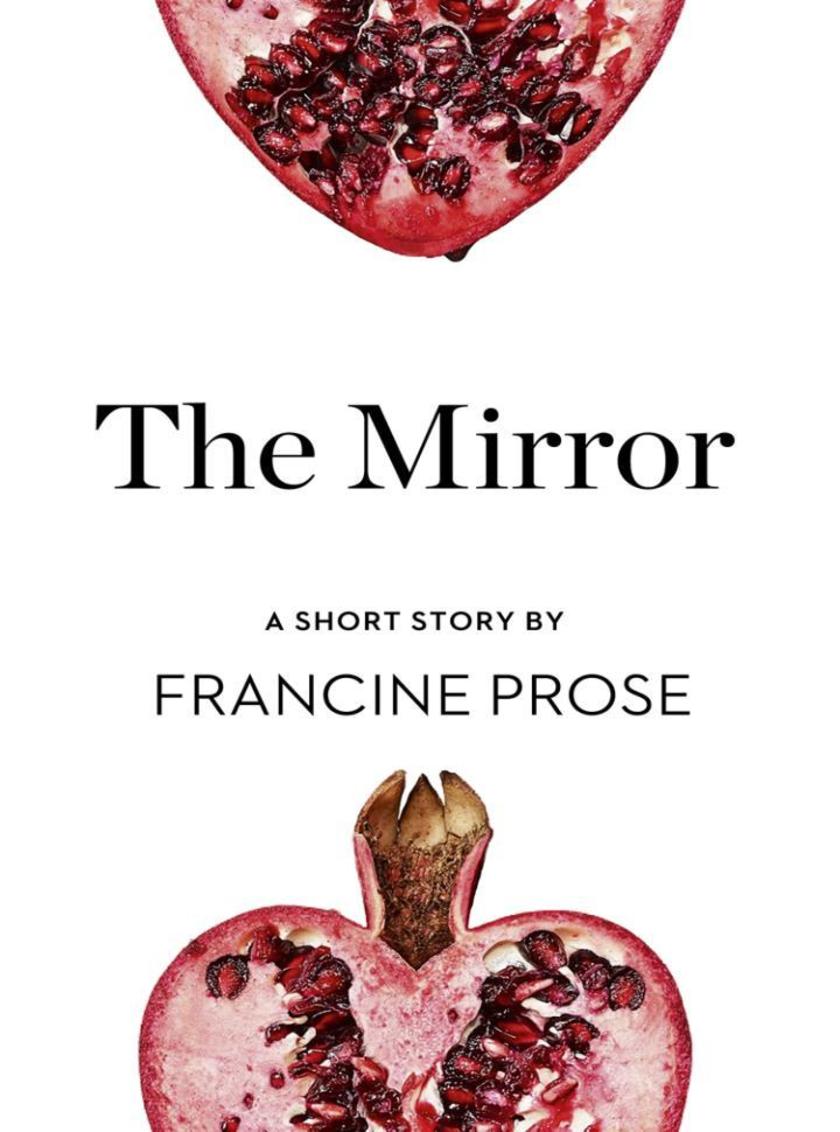
The Mirror:A Short Story from the collection, Reader, I Married Him
¥9.71
A short story by Francine Prose from the collection Reader, I Married Him:Stories inspired by Jane Eyre. ‘The Mirror’ boldly imagines Jane Eyre’s married life after the novel ends. Edited by Tracy Chevalier, the full collection, Reader, I Married Him, brings together some of the finest and most creative voices in fiction today, to celebrate and salute the strength and lasting relevance of Charlotte Bront?’s game-changing novel and its beloved narrator.
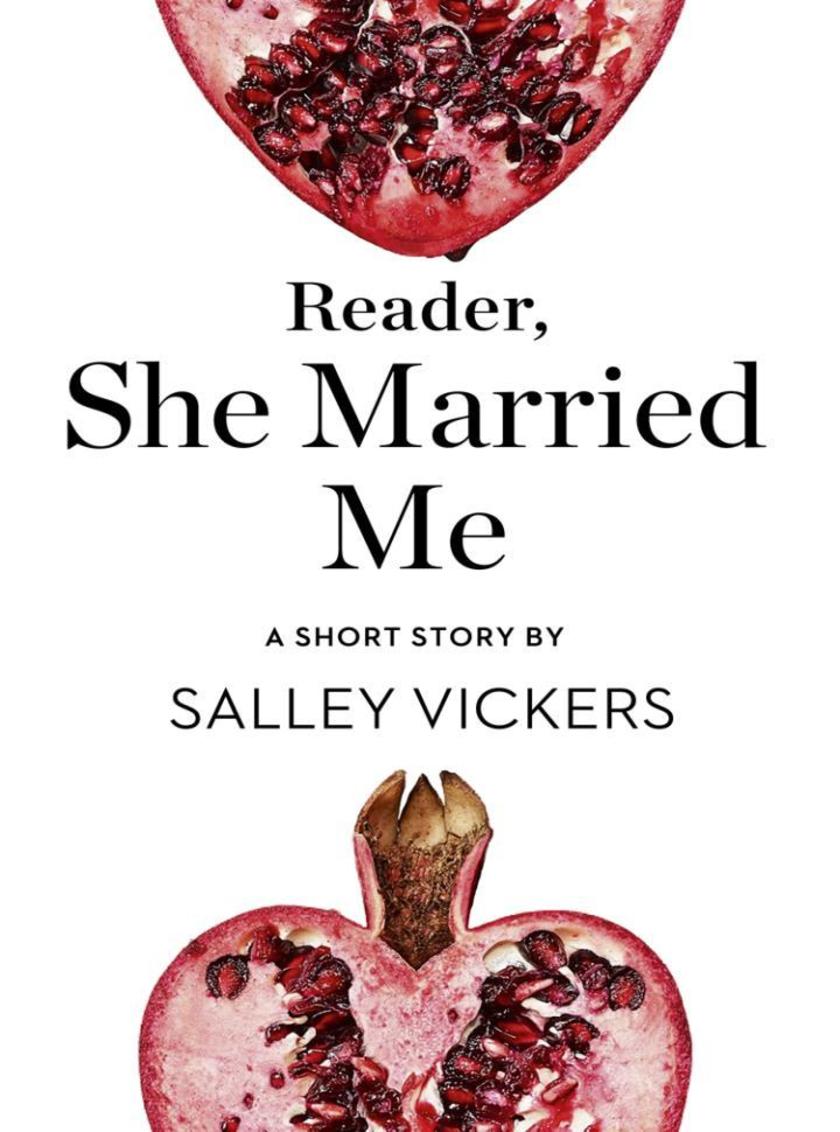
Reader, She Married Me:A Short Story from the collection, Reader, I Married Him
¥9.71
A short story by Salley Vickers from the collection Reader, I Married Him:Stories inspired by Jane Eyre. In ‘Reader, She Married Me’ Mr Rochester reveals a long-kept secret. Edited by Tracy Chevalier, the full collection, Reader I Married Him, brings together some of the finest and most creative voices in fiction today, to celebrate and salute the strength and lasting relevance of Charlotte Bront?’s game-changing novel and its beloved narrator.
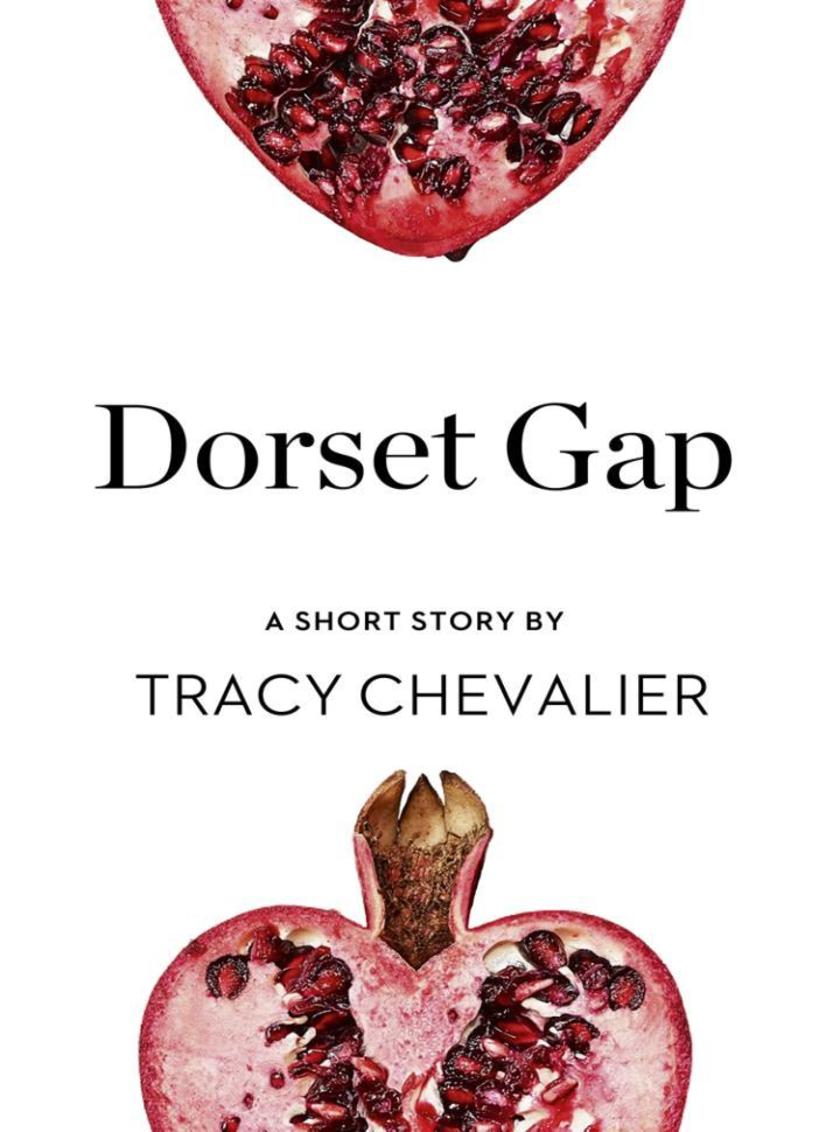
Dorset Gap:A Short Story from the collection, Reader, I Married Him
¥9.71
A short story by Tracy Chevalier from the collection Reader, I Married Him:Stories inspired by Jane Eyre. In ‘Dorset Gap’, two students walk in the countryside after a night of partying and miscommunicate over Jane Eyre. Edited by Tracy Chevalier, the full collection, Reader I Married Him, brings together some of the finest and most creative voices in fiction today, to celebrate and salute the strength and lasting relevance of Charlotte Bront?’s game-changing novel and its beloved narrator.




 购物车
购物车 个人中心
个人中心



